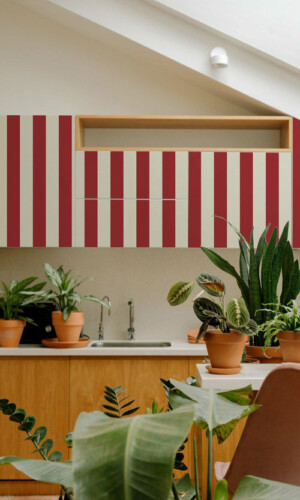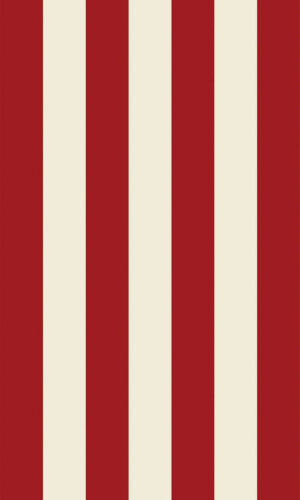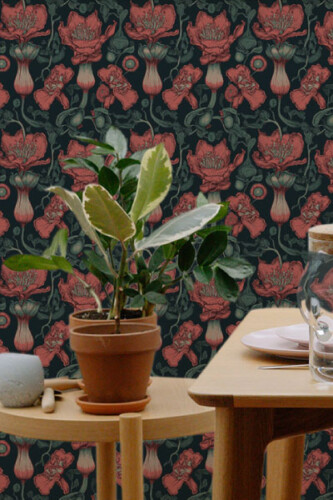Peel and Stick Wallpaper vs. Traditional Wallpaper: Pros and Cons
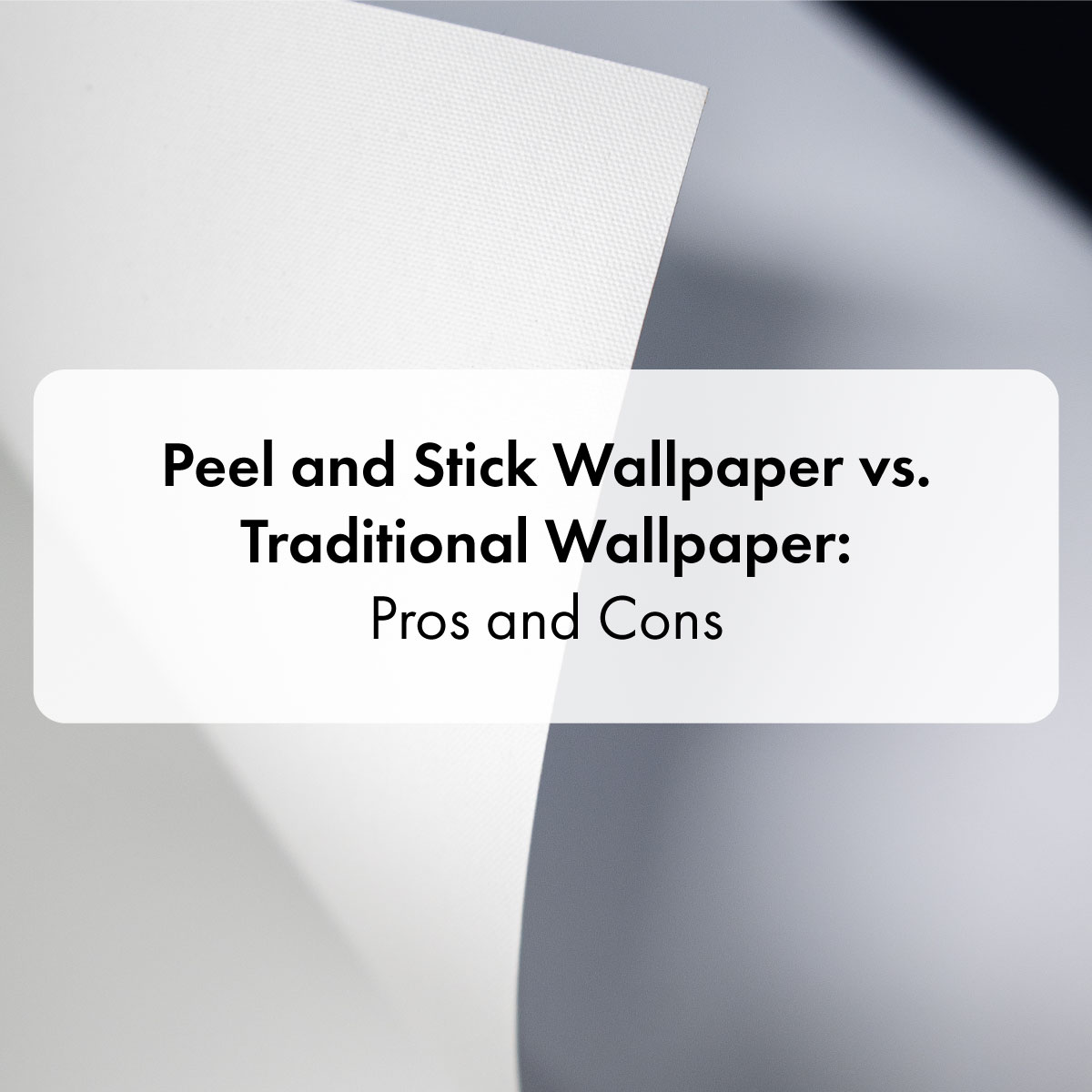
When decorating your home or office, there are many options. Two popular choices are peel-and-stick wallpaper and non-pasted wallpaper. Here’s a quick comparison of peel-and-stick wallpaper vs. non-pasted (also called traditional) wallpaper.
Installation Process
- Peel-and-stick wallpaper is designed to be easy to install, with no messy paste required. This makes it a good choice for DIYers or anyone wanting to avoid the hassle of traditional wallpaper installation.
- Non-pasted wallpaper requires wallpaper paste, which must be applied to the back of the paper before installation, and it may also need the help of a professional wallpaper installer.
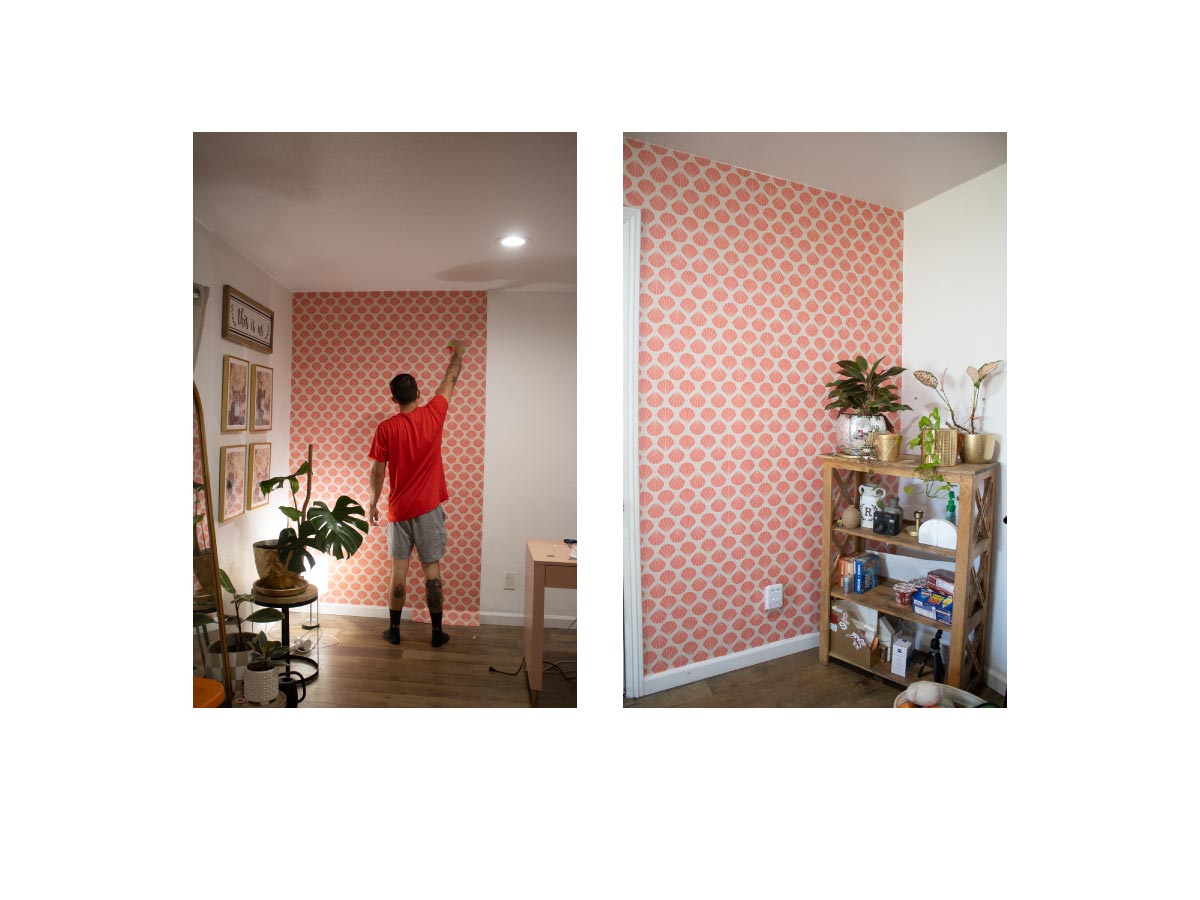
Removability
- Peel and stick wallpaper can be easily removed without damaging your walls. This makes it an excellent option for renters or anyone who wants to update their decor frequently.
- Non-pasted wallpaper is a permanent wall covering and is not easily removable without damaging your walls.
Durability
- Non-pasted wallpaper is generally more durable than peel-and-stick wallpaper. It can last for many years with proper care.
- Peel-and-stick wallpaper is less stable than non-pasted wallpaper and may start to peel or form bubbles over time.
Please note – at Fancy Walls, we offer a peel and stick Fabric wallpaper that is thick, durable, and will not peel or form bubbles over time.
Customizability
- Both peel-and-stick wallpaper and non-pasted wallpaper can be easily customized to fit specific shapes and sizes.
- While non-pasted wallpaper may be slightly more versatile, both types offer similar options.
Both can be trimmed to fit irregularly shaped rooms or spaces and create a unique look by mixing patterns and colors. Both wallpaper types provide plenty of options for personalization.
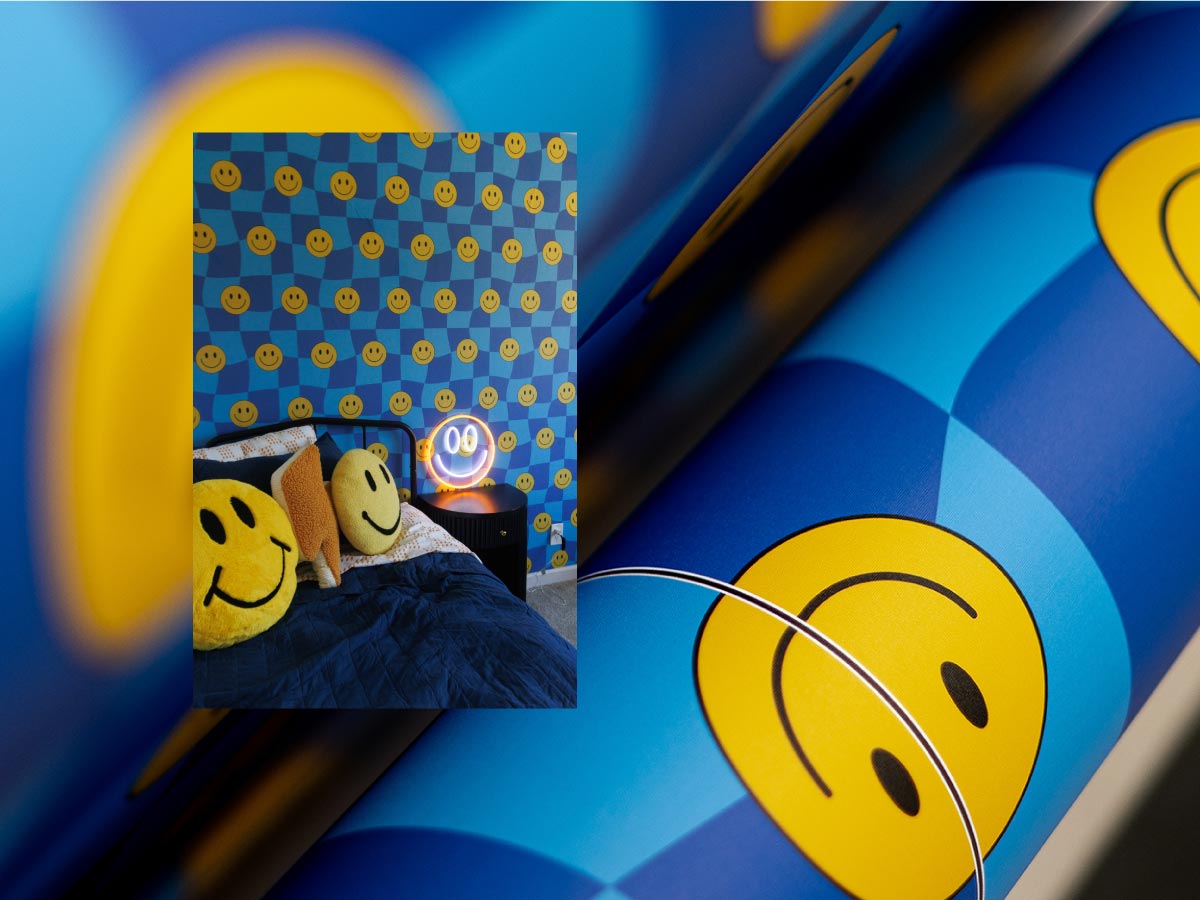
Coverage
Both peel-and-stick and non-pasted wallpaper can cover a range of surfaces and offer similar coverage options. The wallpaper’s width varies between brands and styles, which can impact the amount of wallpaper needed to cover a specific area. Some non-pasted wallpapers may come in wider widths than peel-and-stick wallpaper, but this is only sometimes the case.
When choosing between the two types of wallpaper, it’s essential to consider the specific dimensions of the space that need to be covered and compare the coverage options offered by different brands and styles.
Availability
- Peel and stick wallpaper is widely available and can be found at most home decor stores and online retailers.
- Non-pasted wallpaper is less widely known than peel-and-stick wallpaper and may be harder to find in certain styles or colors.
Environmental impact
- Peel-and-stick wallpaper is generally considered more environmentally friendly than non-pasted wallpaper since it doesn’t require wallpaper paste, which can often contain harmful chemicals. However, the backing paper of some peel-and-stick wallpapers may have plastic, which is not biodegradable.
- Non-pasted wallpaper is typically made from natural materials. Wallpaper paste, however, can often contain harmful chemicals.
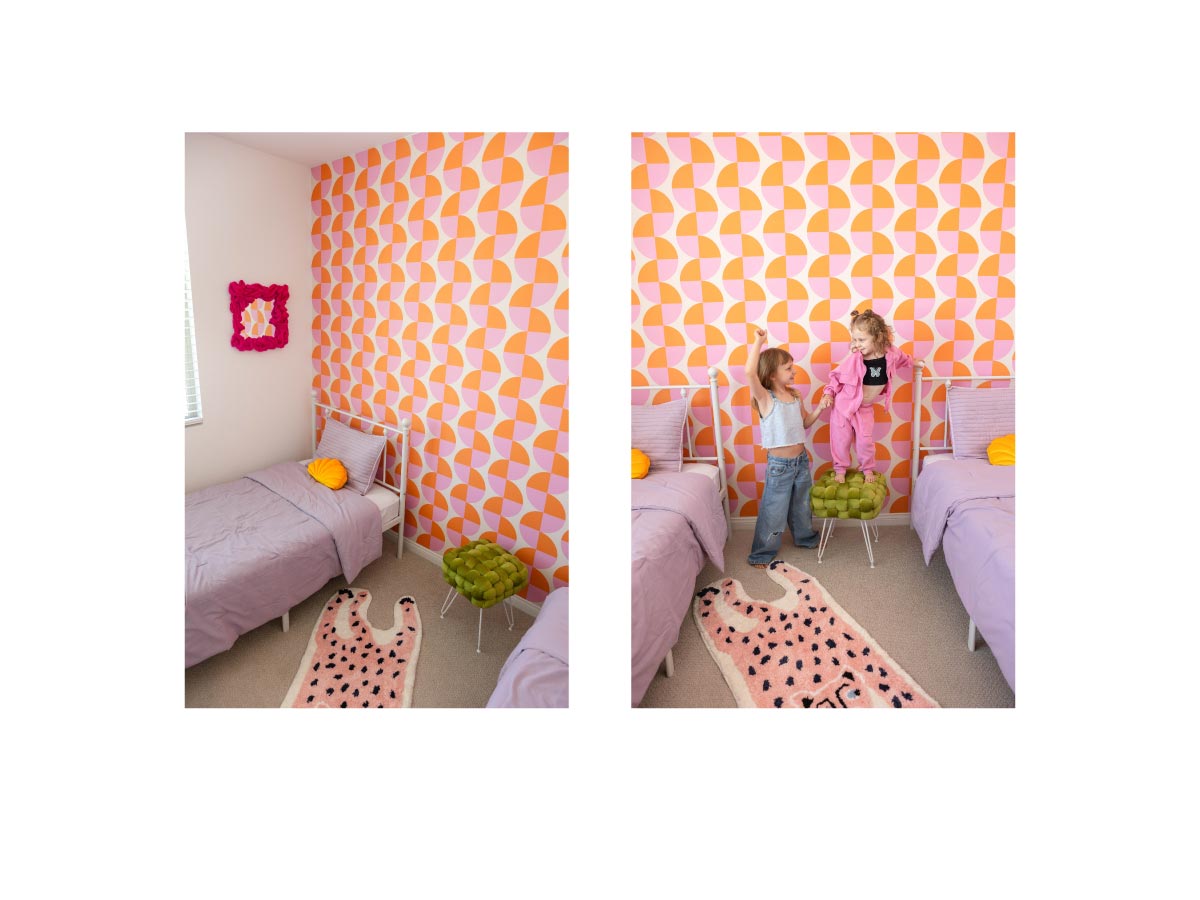
Cost
- Peel and stick wallpaper is generally more expensive than non-pasted wallpaper per roll. However, since it is easier to install, it may save you more money in the long run by eliminating the need for a professional installer.
- Non-pasted wallpaper is less expensive per roll but may require professional installation, significantly adding to the overall cost.
Maintenance
- Peel-and-stick wallpaper is easy to clean with a damp cloth, but cheaper versions may start to peel or form bubbles over time.
- Non-pasted wallpaper can be more challenging to clean but is generally more durable and less likely to peel or form bubbles.
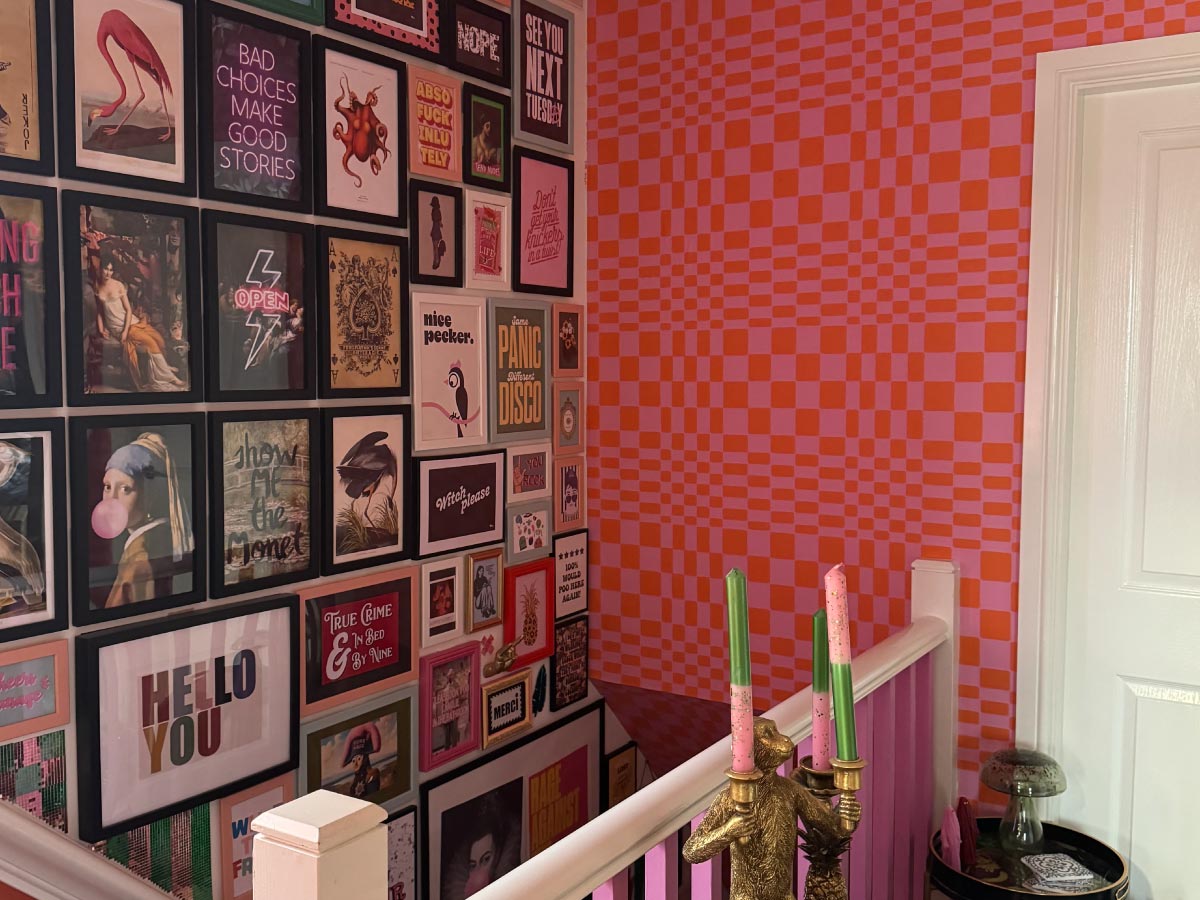
Style & Design
- Peel and stick wallpapers are available in a wide range of modern and trendy designs and traditional patterns, making it a good choice for anyone looking for a quick and easy way to update their decor.
- Non-pasted wallpaper is also available in many designs and patterns. Still, it may need some more modern and trendy options.
In summary, peel-and-stick wallpaper and non-pasted wallpaper offer unique advantages and disadvantages.
Peel-and-stick wallpaper is easier to install and remove, making it a good choice for renters or those who frequently change their decor. It’s also available in a wide range of modern and trendy designs.
Non-pasted wallpaper may require more time and effort to install and remove. It’s also available in a wide range of traditional and contemporary designs.
When choosing between the two types of wallpaper, consider factors such as installation and removal process, durability, style and design, customizability, and coverage options. Ultimately, the decision will come down to personal preference and specific needs. By weighing the pros and cons of each type, you can make an informed decision and choose the wallpaper type that best suits your needs and style.
Have you decided on the perfect wallpaper for your project? Explore our 3,300 wallpaper designs in peel-and-stick and traditional non-pasted options to bring your walls to life.
Peel and Stick vs. Traditional Wallpaper: 10 Essential Questions Answered
What is the main difference between peel and stick and traditional wallpaper?
Peel-and-stick wallpaper comes with a self-adhesive backing—just peel off the liner and apply it to your wall. It’s mess-free and great for DIY installations.
Traditional wallpaper (non-pasted) requires separate paste and a bit more prep work, making it better suited for professional installation or more experienced DIYers.
What is non-woven wallpaper, and how does it compare to peel and stick wallpaper?
Non-woven wallpaper refers to the material used—made from natural and synthetic fibers—known for being breathable, tear-resistant, and durable.
At Fancy Walls, our non-pasted wallpaper is made from PVC-free, non-woven material, just like our peel-and-stick fabric wallpaper. The difference lies in the application method, not the quality.
Which wallpaper type is easier to install and remove?
Peel-and-stick wallpaper is easier to install and remove. No paste, no mess—just peel and apply. Traditional wallpaper takes more time and effort, and removal can require soaking and scraping.
Can both wallpaper types be used for long-term applications?
Yes, both can be used long-term. Traditional wallpaper is known for its longevity. But high-quality peel-and-stick fabric wallpaper can also last for years without peeling or bubbling.
s peel and stick wallpaper a good choice for renters or temporary decor?
Absolutely. It’s easy to apply and remove without damaging walls—perfect for renters or those who like to change their décor frequently.
Do both types work on lightly textured or imperfect walls?
Yes, both peel-and-stick fabric and non-pasted non-woven wallpaper can be applied to lightly textured walls, as long as the surface is clean and dry.
Which wallpaper performs better in humid spaces like bathrooms or kitchens?
Peel-and-stick fabric wallpaper is splash-proof and suitable for bathrooms if kept away from direct water contact. Traditional wallpaper may perform slightly better in long-term humidity but is harder to remove later.
Are peel and stick and traditional wallpapers both eco-friendly and PVC-free?
Yes. At Fancy Walls, both wallpaper types are PVC-free. Peel-and-stick is made from fabric (not vinyl), and our non-pasted wallpaper is FSC-certified non-woven—safe and sustainable.
Can peel and stick wallpaper match the quality and finish of traditional options?
Yes. High-quality peel-and-stick wallpaper has a premium, matte finish that rivals traditional wallpaper. At Fancy Walls, we ensure both options are equally stylish and durable.
How do I decide which wallpaper type best suits my project and lifestyle?
Choose peel-and-stick for flexibility, rentals, and DIY ease. Choose non-pasted for permanent applications or when working with a professional installer. Both types offer excellent design options at Fancy Walls.
Not what you were looking for? See all FAQs
